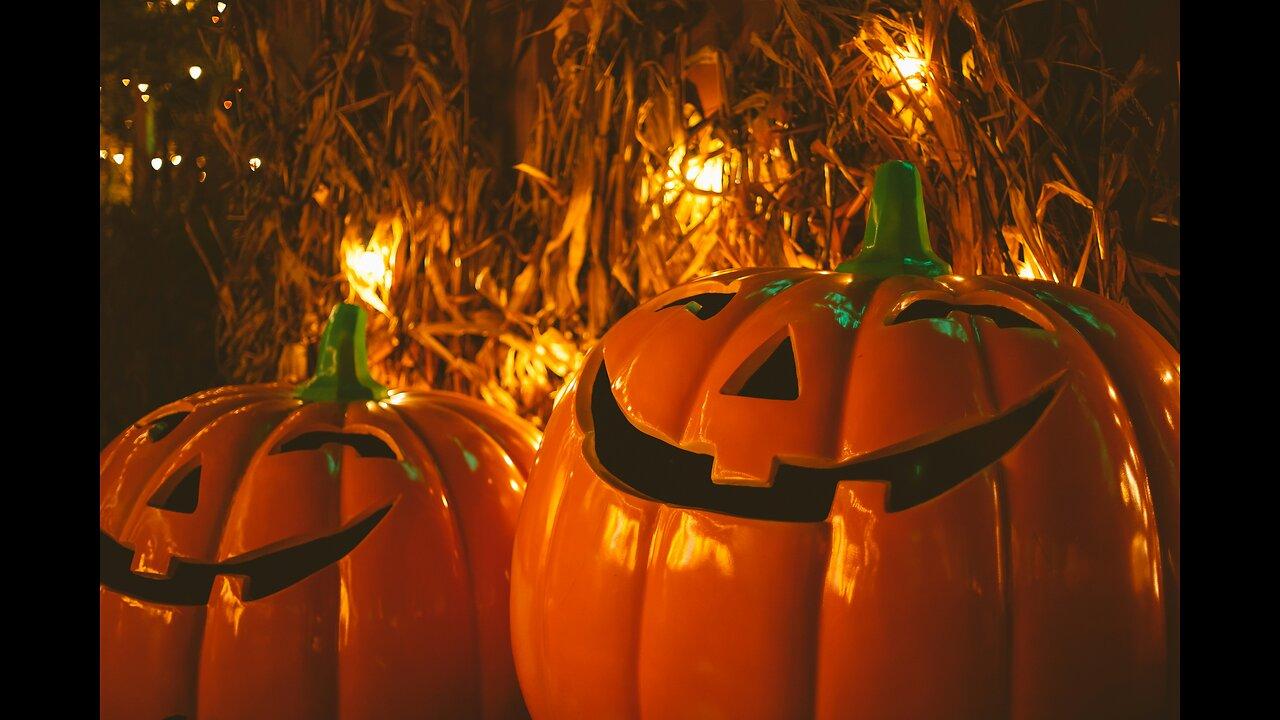Halloween, the occult, and Spellbound

Halloween, the occult, and Spellbound
If nothing else, October 31 is a day of controversy.
For the Celts the Festival of Samhain marked the end of harvest and the beginning of their new year on November 1.
Author Jon Bloom suggests that it was believed that on the last night of the year (October 31), the spirits of the dead would haunt the living, so they would leave food and wine on their doorsteps to appease and ward off spirits.
If they had to leave the house, they would wear masks to fool the ghouls.
On Hallows Eve, the day of remembrance of the Saints and prayer for those in purgatory, Martin Luther nailed in 95 Thesis challenging Rome on among other things, the teaching of purgatory and selling of indulgences.
It launched a battle for the biblical faith against Roman Catholic teaching.
There is also the commercial holiday that came about in the 20th century.
Although not directly related, we anticipate the rerelease of Marcia Montenego’s book, “Spellbound” on October 31.
